WASHINGTON, November 8, 2023 – Last year, the Urban School Food Alliance (USFA) partnered with Cafeteria Culture in hosting the first ever Plastic Free Lunch Day, a nationwide initiative to reduce plastic foodware and packaging in school cafeterias across the country. During the event, USFA members and hundreds of schools nationwide transformed their lunch lines for the day to help eliminate single-use plastic. Today, school nutrition professionals and students join forces again for the third biennial PFLD in the growing global movement to ditch single-use plastics.
“The Urban School Food Alliance is excited to see the momentum behind PFLD and build on the success of the last two years,” said Dr. Katie Wilson, Executive Director of the Urban School Food Alliance. “Our members are committed to creating a healthier future for students and the environment. The ideas and partnerships that come out of our PFLD events are making USFA districts’ procurement practices, products, and operations more sustainable.”
The Plastic Free Lunch concept was developed by Cafeteria Culture, an environmental education nonprofit, and a group of New York City fifth graders who, after studying plastic pollution for two years, discovered that their lunches contained a shocking amount of single-use plastic foodware and packaging. In response, the students designed and carried out the first PFLD that reduced total school lunch waste by 99%, an action that launched the movement and opened a major institutional pathway to a plastic-free future.
“Students at P.S.15 Patrick F. Daly Magnet School for the Arts, right here in Brooklyn, started Plastic Free Lunch Day, because they saw that plastics were harming our environment and that the cafeteria could be a catalyst for meaningful change,” said Chris Tricarico, Senior Executive Director of NYC DOE’s Office of Food and Nutrition Services. “It brings us great pride and joy to see our students inspire a national movement to create a more sustainable future.”
PFLD is a student action response to plastic’s chemical and particle pollution and its effect on climate. The world produces over 400 million metric tons of plastic each year, most of which is throw-away single-use plastics. As described in Cafeteria Culture’s Microplastic Madness, plastics break into long-lived tiny pieces, which travel in air, soil and water, and amass in humans and other species, threatening youth and future generations.
“As polluting plastics pile up across the world, they wreak havoc on our environment and health, while adding fuel to the Climate Emergency. Plastic Free Lunch Day provides an excellent opportunity for students to take action right in the school cafeteria,” said Debby Lee Cohen, Cafeteria Culture founder and Executive Director. “Students, the clients of school food, are taking real-life relevant action, resulting in game-changing institutional change that tackles the seemingly intractable issues of plastic waste and equity.”
Plastic, which is made from fossil fuels, is a dirty industry with a long-lived toxic and inequitable legacy. The industry hides its heavily-polluting fossil fuel extraction and plastics manufacturing and disposal sites (waste transfer stations, incinerators, and landfills) in urban and rural low income communities and communities of color, subjecting generations to fossil fuel and plastic chemical pollution and resulting acute and chronic disease. These are the same communities that are most vulnerable to extreme weather events caused by plastic-fueled climate change.
“Plastic Free Lunch Day is a golden opportunity for New York City and large school systems across the nation to speed the reduction of climate-destroying single-use plastics from school food service,” said Eric Goldstein, NRDC Senior Attorney and Director, NYC Environment, People & Communities Program. “Cutting back on single-use plastics makes sense because it cuts waste disposal costs while reducing health and environmental threats from exposure to plastic’s toxic constituents. And there are no better emissaries than our young students to send the message to government decision-makers that the best time to implement more environmentally sensible policies in our schools is right now.”
Yet, despite plastic’s increasing threat to current and future generations, the plastic industry has doubled production since 2000 and is on target to double again by 2040. Because one plastic free action leads to another, Plastic Free Lunch Day provides an immediate, tangible and repeatable way for students and communities to reclaim a healthy and sustainable future.
More information and free QuickStart PFLD resources for educators, students and school food service teams are available on the Cafeteria Culture website: PlasticFreeLunch.org. Students, teachers, and schools everywhere are invited to take part in this exciting day of action.

Join the Conversation
The latest news and headlines from Urban School Food Alliance
Baltimore City Public Schools: Behind the scenes: How City Schools’ Food and Nutrition team prepares for the new school year
Oct 2, 2025
Back-to-school means different things to different people, but for the Food and Nutrition team, it marks the...
Urban School Food Alliance Membership Welcomes Baltimore County Public Schools as Newest Member, Increasing Reach to 4.5 Million Students
Sep 29, 2025
USFA Expands Membership furthering vision of being the leading change agent for school nutrition WASHINGTON,...
TIME: Why It’s So Hard to Make School Lunches Healthier
Aug 25, 2025
Students at the Tahoe Truckee Unified School District in California dine on locally sourced fruits and...
IDFA: Dairy Companies Slash Added Sugars by Nearly 60% in School Milk as New School Year Begins
Aug 21, 2025
“The Urban School Food Alliance applauds the work of the IDFA and milk processors for continuing to put student...